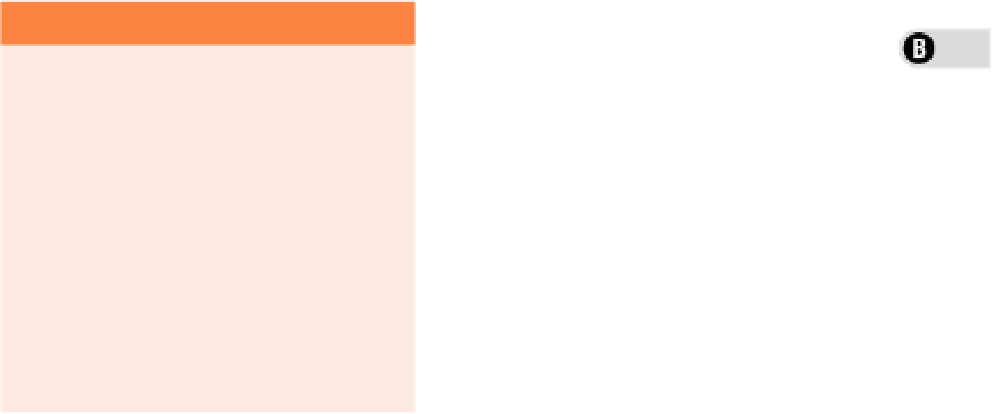Travel Reference
In-Depth Information
Old French Concession, People's Square,
Jade Buddha Temple, Yu Garden, the Bund
and Pudong - for a reasonable ¥250
(including lunch but excluding entrance
fees). Their English-speaking staff will also
arrange tours to other sights in the city
centre or further afield. The Sightseeing
Bus Centre next to the Shanghai Stadium
(by entrance 5), in the far south of the city,
is the place to head for tours of the outlying
areas, such as to the local canal towns (see
p.151). Tickets can be bought up to a
week in advance. See also Agents and
operators on p.22.
Street names
All Shanghai's east-west streets are
named after Chinese cities; north-
south roads are named after
provinces. The name is usually
followed by a direction - bei (north),
nan (south), xi (west), dong (east)
and zhong (middle) - then the word
for street, usually lu but occasionally
jie; so Maoming Bei Lu (Maoming
North Street), as it heads south,
turns into Maoming Nan Lu
(Maoming South Street).
The media
Sadly, China's opening up has not resulted in any softening of the Communist
Party's authoritarian instincts, and all media is heavily censored. Journalists and
even bloggers who fail to toe the party line are slung in jail, often on a charge of
“revealing state secrets”. Change might come from an unexpected source: now
that Shanghai has one of the world's largest stock exchanges, accurate financial
reporting has become vital. The loudest calls for press freedom are coming from
the dry-as-dust financial papers, and those who rely on them, who are marshalling
the only argument that might have any weight with the government - that they're
threatening economic development.
Newspapers and
magazines
Xinhua, the Chinese news agency, is a
mouthpiece for the state, whose propaganda
you can read in the English-language
newspapers, China Daily and Shanghai
Star, available from most newsagents,
including the ones on subway platforms.
Both have a handy section listing mainstream
cultural events.
Imported publications (sometimes cen-
sored) such as Time, Newsweek, the Far
Eastern Economic Review and Hong Kong's
plenty of topics offering help and advice at
the Foreign Language Bookstore (see p.146).
Gourmands will also find in-depth dining
guides.
You can pick up glossy free leaflets,
containing basic tourist information at the
upmarket hotels and at the airport. Much
more useful, though, are the free magazines
aimed at the expat community, such as
City Weekend (
www.cityweekend.com.
cn/shanghai), Hint t
W
www.hintmagazinesh
.com), Time Out Shanghai and the once
W
i
great but now rather pedestrian
That's
w
South China Morning Post can be bought at
Shanghai (
www.thatssh.com). All have
listings sections including restaurants, club
nights and art happenings, with addresses
written in pinyin and Chinese, but no maps.
The magazines are free, and you can pick
W
t
the bookshops of four- and five-star hotels
and are sometimes available at the Charter-
house bookstore (see p.146). If you are
moving or doing business here, you'll find
27








